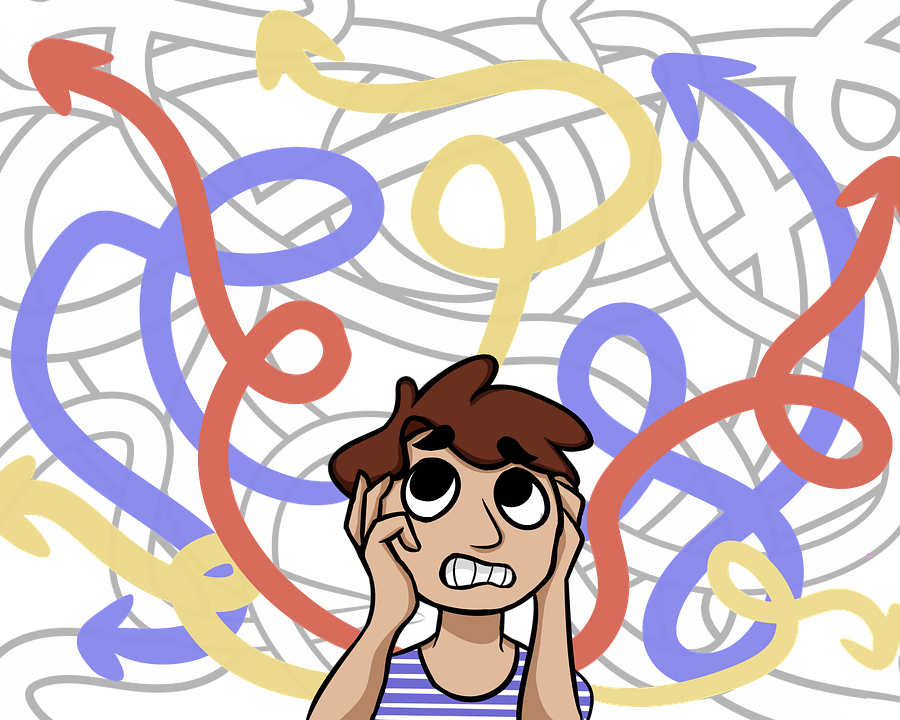 The greatest of all faults is to tell yourself that you have none. It’s hard for most of us to admit our faults; to admit when we have done something wrong; or to admit when we have wronged someone else. Even though we know we are not perfect it still can be difficult to own up to our mistakes. We might believe we are kind and fair but then find that we occasionally do things that are not kind and fair. Psychologists call this phenomenon cognitive dissonance. We know we did something wrong but our belief that we are kind and fair causes us to feel conflicted. This week’s Torah portion, Vayeishev is dominated by the story of Joseph and his relationship with his father Jacob and his many brothers. In short, as Jacob’s favorite child Joseph is a bit of a spoiled brat who often lords his favored status over his brothers. Not surprisingly, the brothers don’t take kindly to Joseph’s bratty behavior and in a moment of anger they sell him into slavery and hide the facts from their father. It’s here that the Joseph story takes a slight detour and focuses on one of Joseph’s brothers, Judah. Going off on his own Judah meets Shua and they get married. Shua gives birth to three sons and when the eldest son Er is grown, Judah marries him off to a woman named Tamar. When Er dies suddenly, in accordance with the laws of a levirate marriage, Judah’s next eldest son Onan becomes Tamar’s husband. When Onan also dies Judah informs Tamar she will need to wait until his youngest son Shelah is older before she can marry him. When some time goes by and the marriage has not yet happened, Tamar becomes impatient and sets out to deceive her father-in-law. Dressing up in a disguise, she tricks Judah into having sex. As a pledge for payment to Tamar, Judah leaves behind his seal and cord. Upon discovering a few months later that his daughter-in-law is pregnant, Judah threatens to have her killed. As Tamar is being brought out, she sends a message: לְאִישׁ֙ אֲשֶׁר־אֵ֣לֶּה לּ֔וֹ אָֽנֹכִ֖י הָרָ֑ה וַתֹּ֨אמֶר֙ הַכֶּר־נָ֔א לְמִ֞י הַֽחֹתֶ֧מֶת וְהַפְּתִילִ֛ים וְהַמַּטֶּ֖ה הָאֵֽלֶּה: I I am with child by the man to whom these belong…. Examine these; whose seal and cord and staff are these? (Gen. 38:25) Judah recognizes the items as his and concedes: צָֽדְקָ֣ה מִמֶּ֔נִּי כִּֽי־עַל־כֵּ֥ן לֹֽא־נְתַתִּ֖יהָ לְשֵׁלָ֣ה She is more in the right than I; because I did not give her to Shelah my son. (Gen. 38:26) Despite the cognitive dissonance, Judah makes no effort to deny his own responsibility for what has happened to Tamar. He doesn’t hesitate to admit his error in judgment. What exactly Judah will do when many years later he and his siblings come face to face with Joseph, the brother they sold into slavery, is as yet unclear. But at least in the case of Tamar, Judah has come to understand that the greatest of all faults is to tell yourself you have none. Shabbat Shalom, Ellie Comments are closed.
|
Archives
May 2024
|
OFFICE Hours
|
Telephone802-773-3455
|
Email ADDRESS |

 RSS Feed
RSS Feed